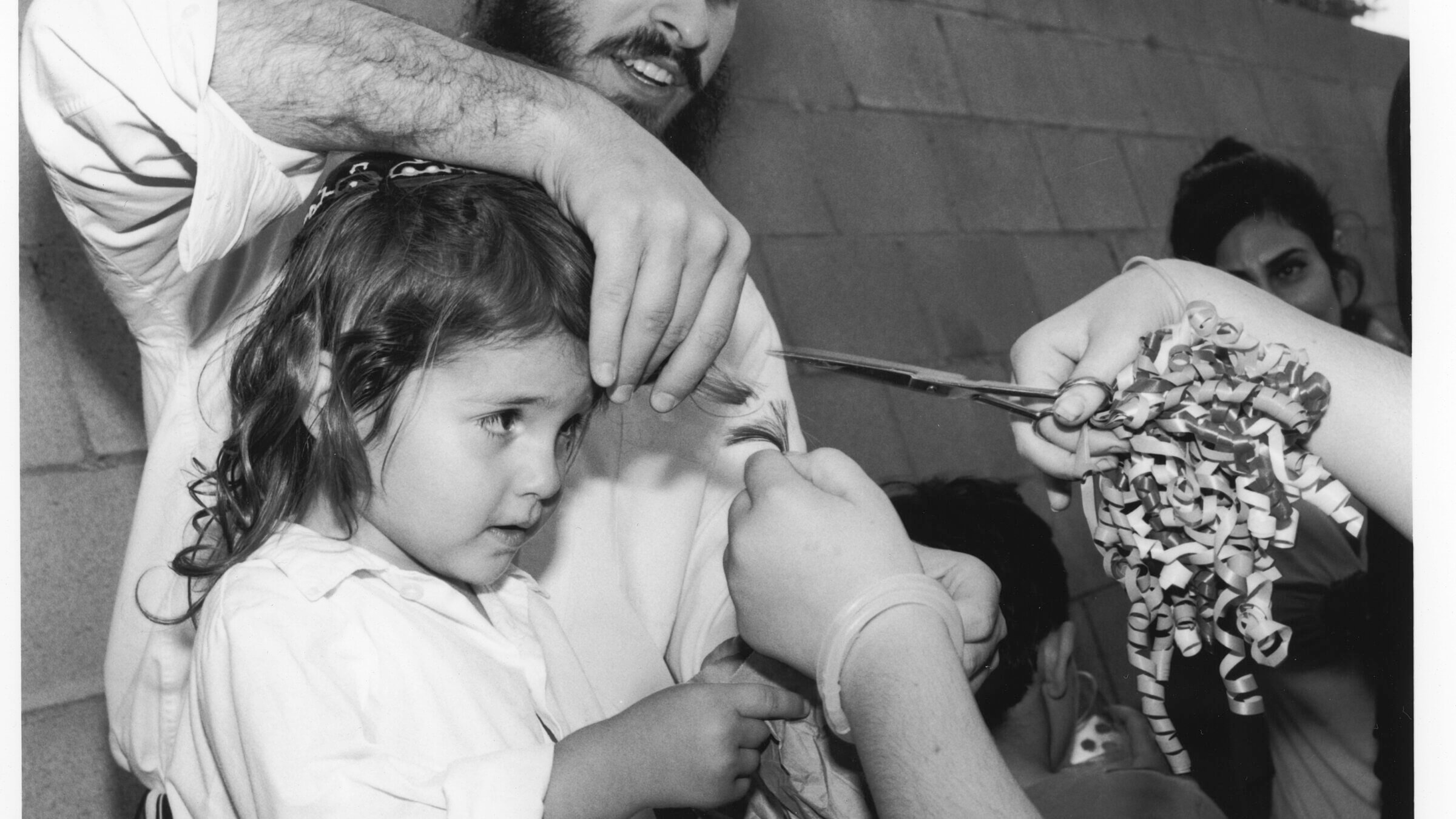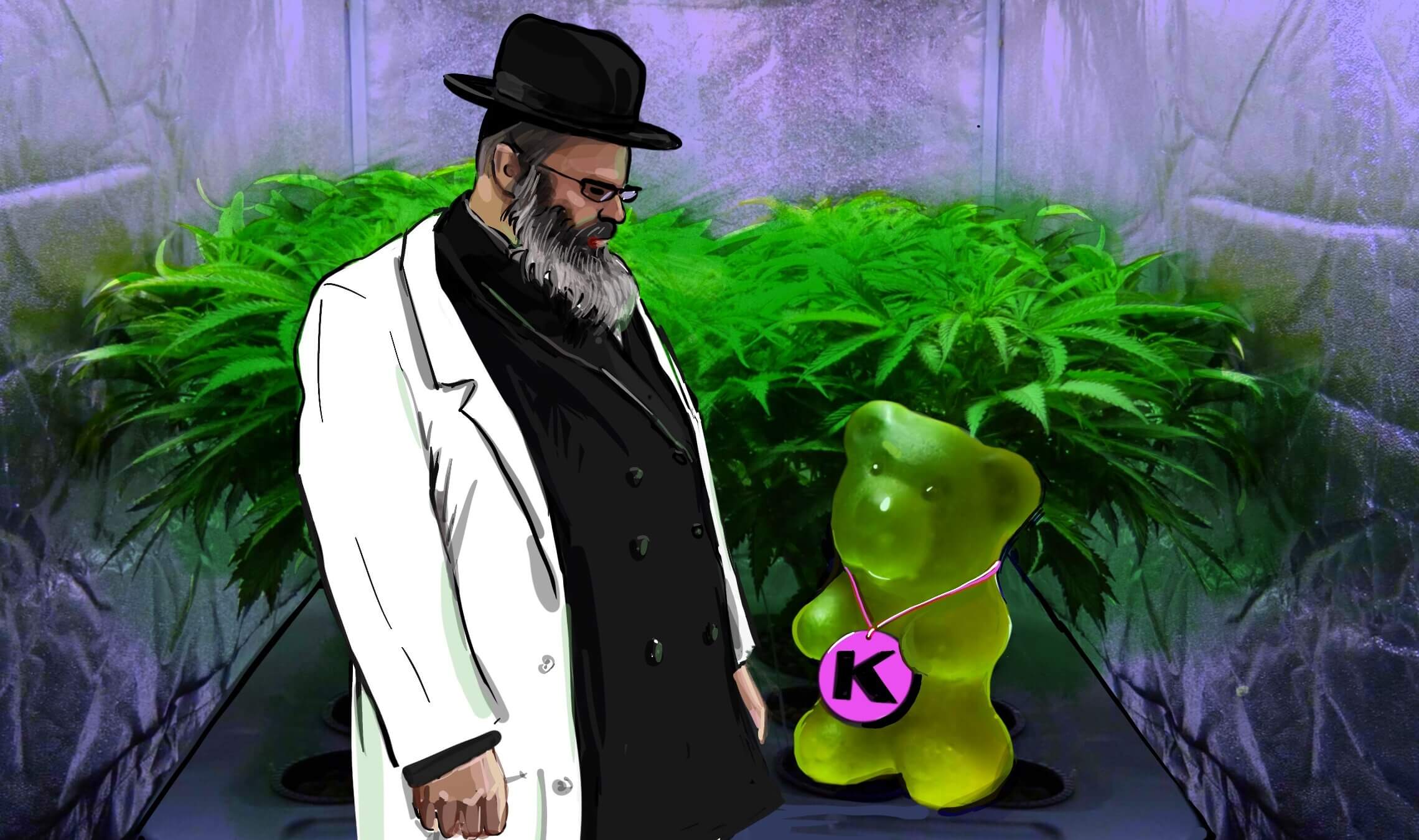David Zvi Kalman is scholar in residence at the Shalom Hartman Institute and senior adviser at Sinai and Synapses. He blogs at jellomenorah.com.
David Zvi Kalman
By David Zvi Kalman
-

Opinion I operate a small Judaica business. Trump’s tariffs are going to squelch Jewish innovation.
Raising the cost of manufacturing is going to make creators more cautious, writes the operator of a boutique Jewish press
-

Culture Should Jews use artificial intelligence to bring back the dead?
It will soon be possible to have AI-generated replicas of deceased relatives
-

Culture Why a child’s first haircut may be Judaism’s sweetest ritual
The upsherin, though not as widely known as other Jewish rituals, marks a child's transition out of infancy
-

Culture NASA wants to create a time zone on the moon. Here’s what that means for Jewish space travelers
When Shabbat and the holidays begin and end are by no means the most important questions. It’s deeper than that
-

Culture The secret Jewish history of those kosher fruit-jelly slices
Many candies die out; why has this one stood the test of time?
-

Culture Appealing to a higher authority — why cannabis provides a unique opportunity for the kosher industry
Kosher certifiers could become the de facto regulators of a burgeoning new business; will they step up to meet the challenge?
-

Culture How the Jewish calendar got coded — and how ingenious coders made it happen
Humanity is currently engaged in a massive, civilization-sized project to digitize all knowledge. You may have heard about this. The project is huge, but it’s not unified; contained within it are thousands of smaller projects, each devoted to digitization in a specific field. Some of these fields have developed slowly, while others have zoomed ahead….
-

Culture Why I made a siddur for cigarettes and what it does (and doesn’t) mean
Before you is a cigarette box designed to look like a small prayer book. The idea for this object had been rattling around in my head since 2015. Realizing that I did not have the technical skills to make it myself, I contacted Rachel Jackson, a scribe and bookbinder, and during the summer of 2017…
Most Popular
- 1

News Meet the Jews who helped elect Zohran Mamdani
- 2

Fast Forward Calling itself ‘MechaHitler,’ Elon Musk’s AI tool spreads antisemitic conspiracies
- 3

Fast Forward Josh Shapiro’s Judaism was not why Kamala Harris snubbed him, new book claims
- 4

Fast Forward For the Jewish community in central Texas, deadly flooding hits close to home
In Case You Missed It
-

Opinion I’m a Zionist Democrat. Mamdani has me asking if I must choose between my ideals and identity
-

Fast Forward A cholent crisis? Rabbi’s ruling against Shabbat stew on Thursday nights briefly roils Israel
-

Fast Forward In a Polish town where locals burned Jews alive in 1941, new plaques deny complicity with Nazis
-

Fast Forward 1 in 4 Americans believe recent attacks on Jews were ‘understandable,’ ADL survey finds
-
Shop the Forward Store
100% of profits support our journalism







